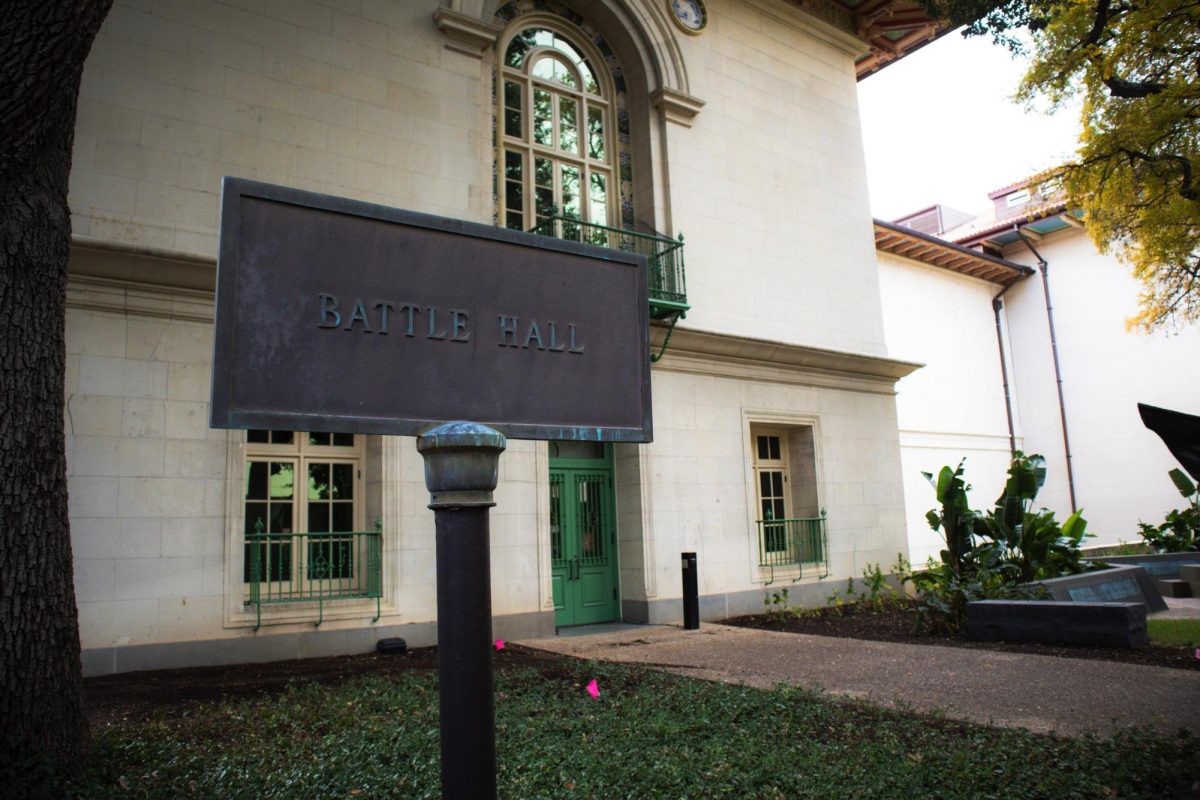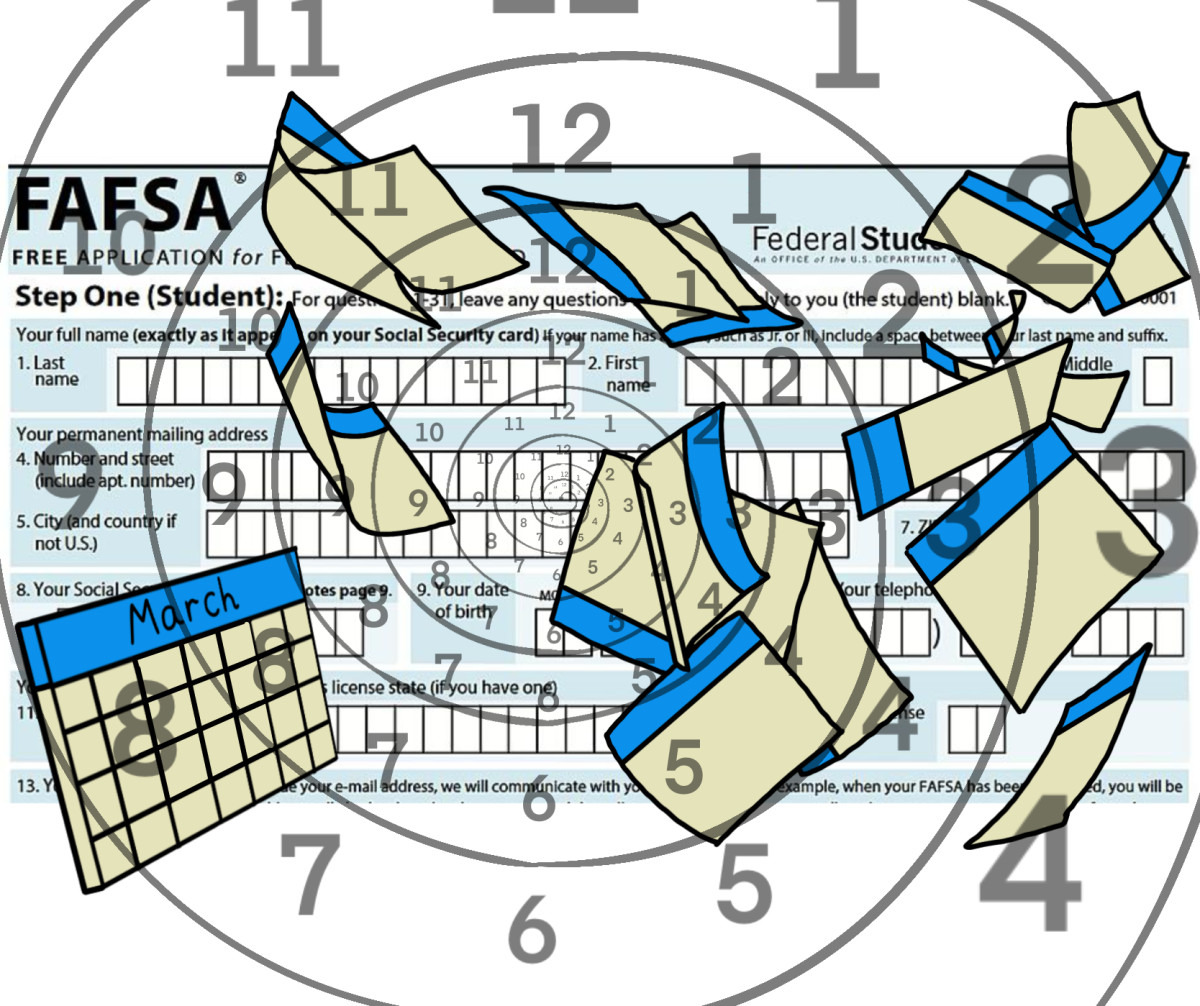Working with biotechnology startup companies with growing needs for laboratory space, the Austin Technology Incubator is planning to add 60,000 square feet of wet lab space for research and development.
The U.S. Economic Development Administration awarded $247,000 to begin the planning process after a feasibility study performed by the incubator showed a lack of lab space in Austin for small companies. The incubator received a matching $247,000 from community partners. Wet labs have specialized plumbing and ventilation equipment that allow biotechnology and bioscience companies to conduct certain types of research.
The incubator is a nonprofit entity of UT that helps entrepreneurs build or expand their startup companies through the expertise of the incubator’s staff and equipment.
Bioscience director for the incubator, Cindy WalkerPeach, who ran the feasibility study, said assessing how much lab space was needed was the first stage in the process. After the planning process funded by the grant, the incubator will begin fundraising for the new facility. The wet lab facility has an estimated cost of $80 million and a 58-month projected schedule, including a year of fundraising, WalkerPeach said.
“When it comes to startups trying to develop product they need that wet lab space and we don’t have any in Austin really,”
WalkerPeach said. “We have a very tiny amount and real estate developers will develop the space but it’s very expensive, $600-$800 a square foot. That’s something that a small company like a startup can’t afford.”
Brett Newswanger, director of product development at Xeris Pharmaceuticals, said his research requires him to do wet lab work in Georgetown since there are no small-scale wet labs in Austin. Newswanger, a UT alumni, worked at the incubator as an intern and said it could allow UT graduates working on startups an opportunity to continue research in nearby small-scale labs.
“By the time this happens we’ll hopefully be beyond this stage as a bigger company, but it will be great for smaller companies like where we are now that can’t afford to build their own lab space,” Newswanger said. “It would be much easier to do my work without having to drive 30 minutes to do research.”
Janet Walkow, the executive director and chief technology officer of the Drug Dynamics Institute at UT, said the institute has had to turn away companies and entrepreneurs who ask to use their lab space because they are commercial entities. Walkow said the incubator’s wet lab will help alleviate the problem and become an incentive for researchers to create products.
“This will be a great venue to help encourage researchers on campus to keep working toward a commercialized product,” Walkow said. “This gives them a space to further that development.”
Printed on Friday, November 2, 2012 as: Federal grant funds new wet lab spaces



















